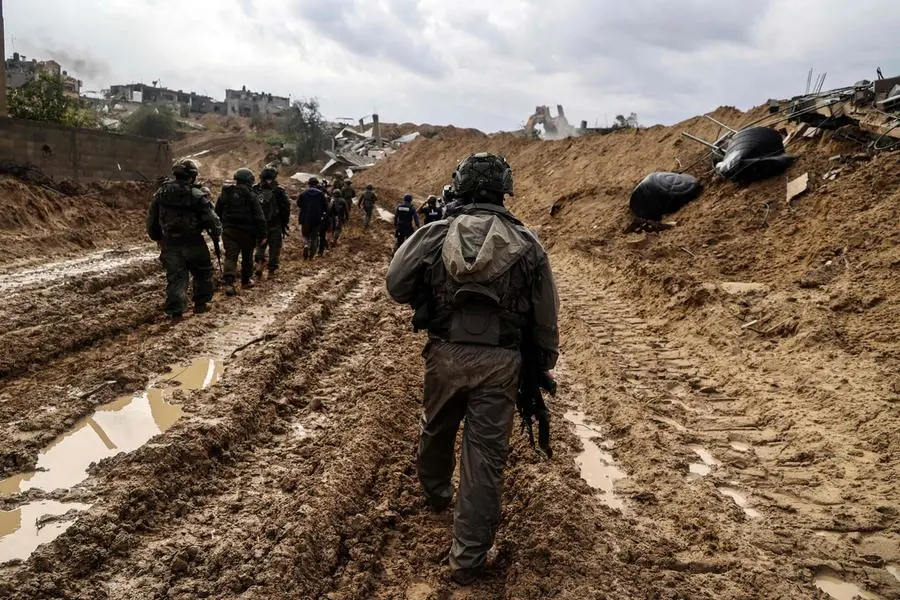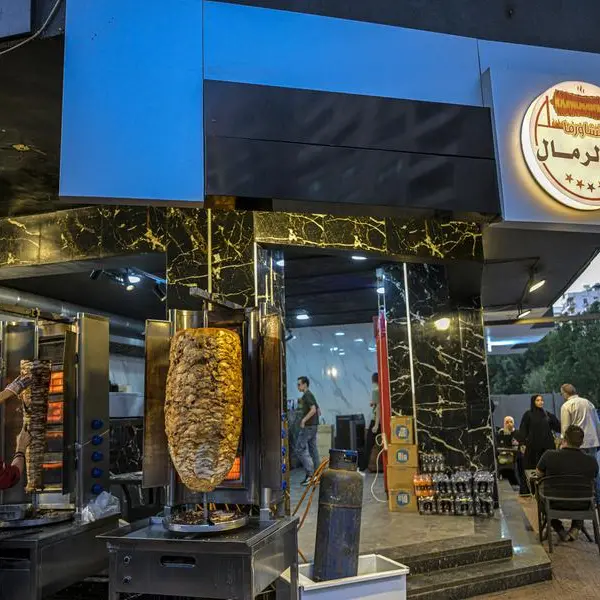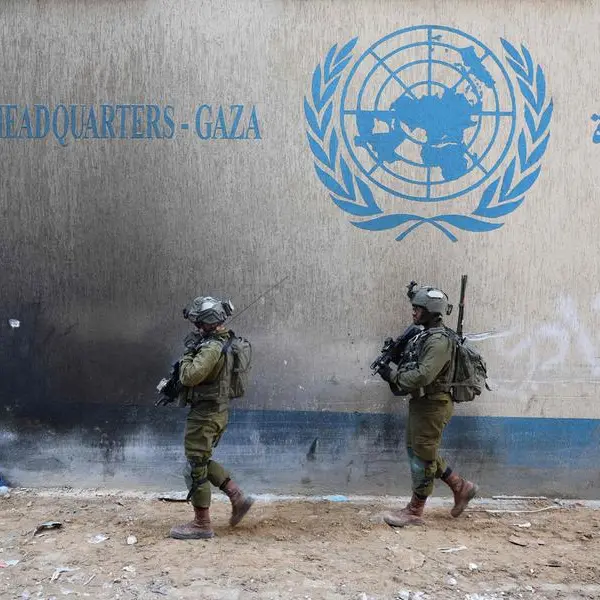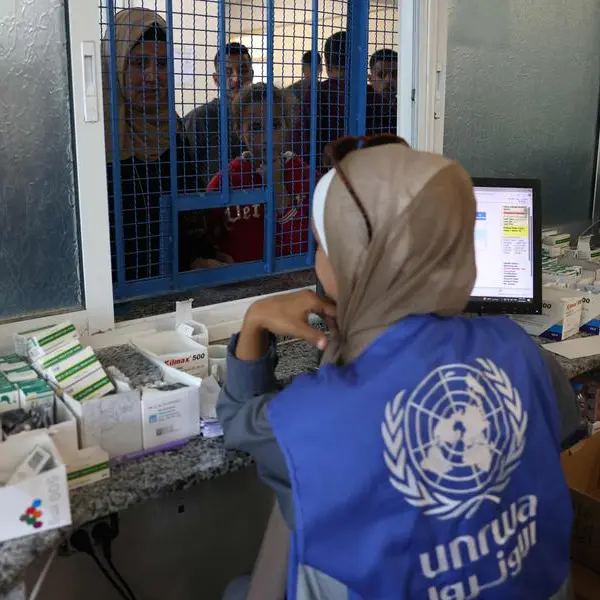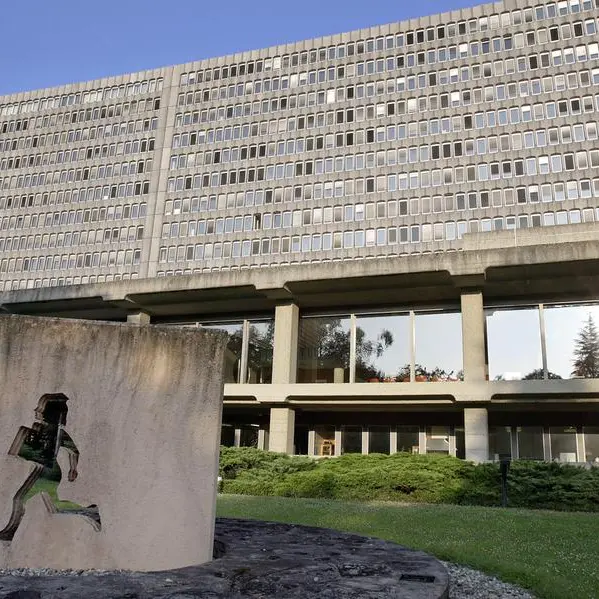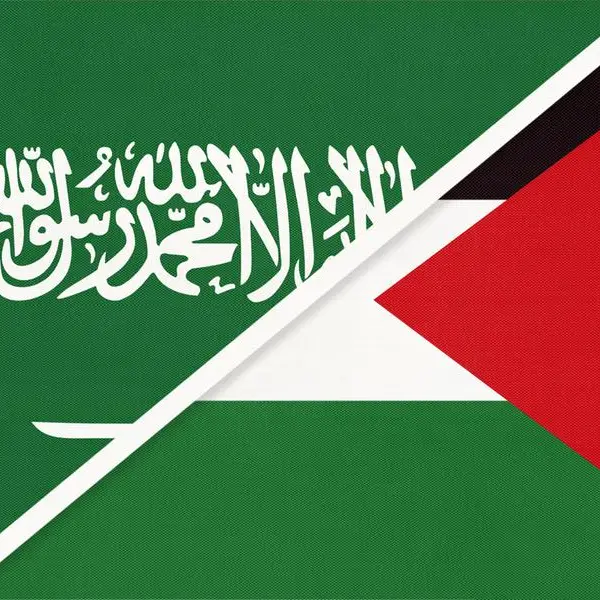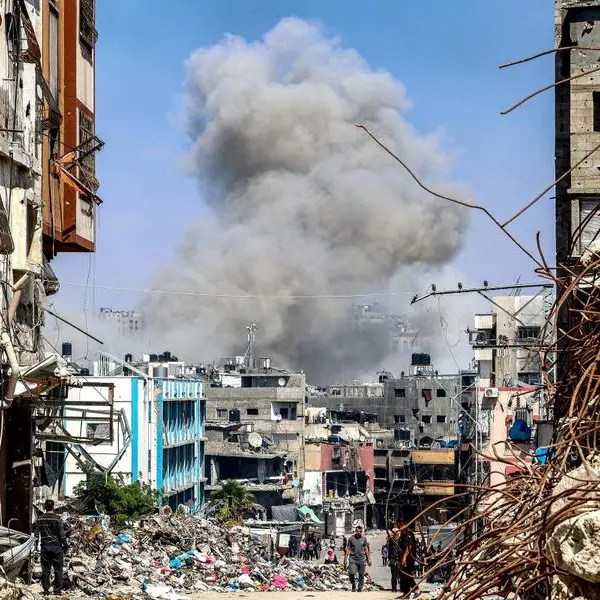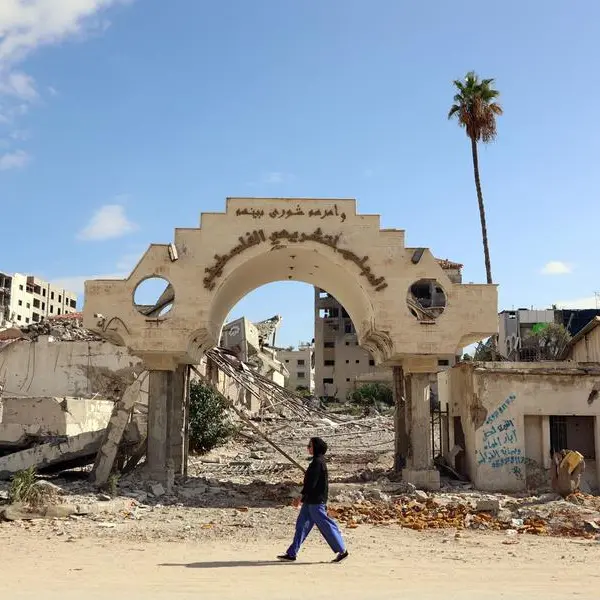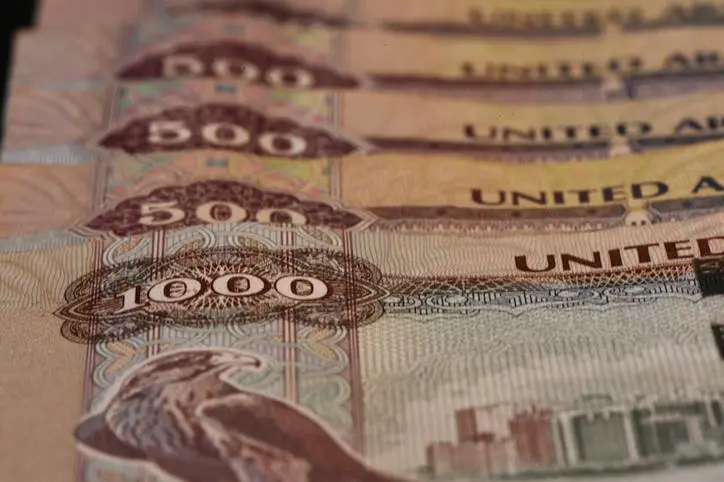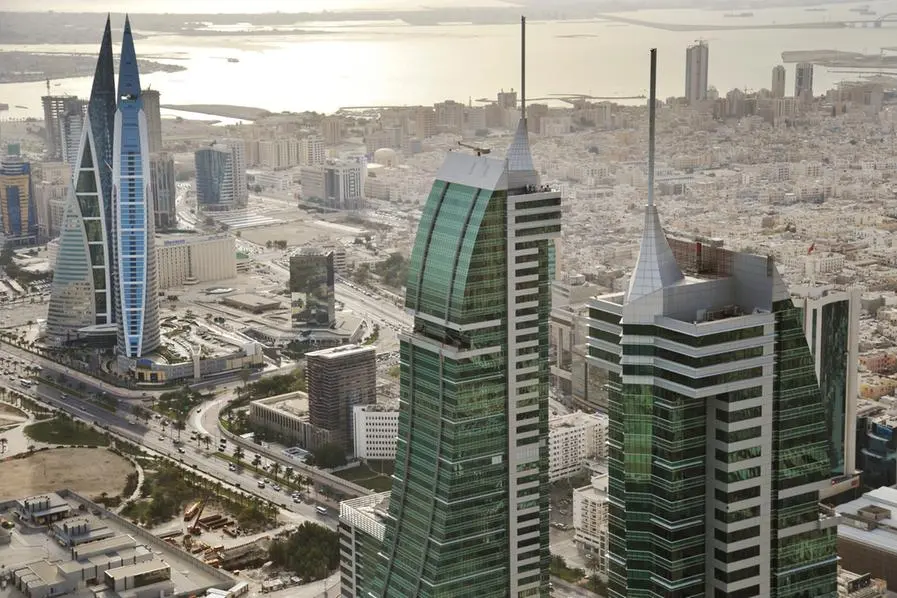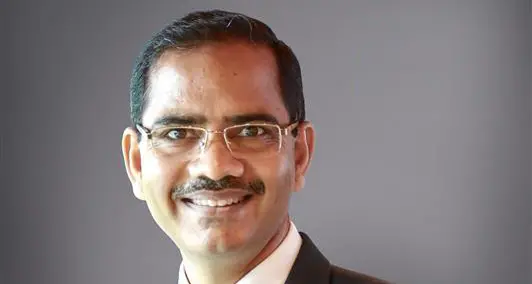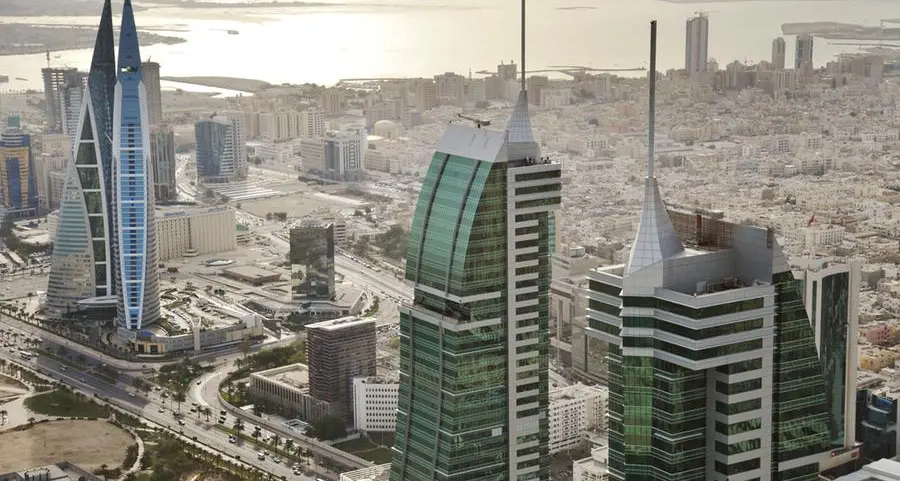PHOTO
The Israeli army was preparing to shift some of its forces from the Gaza Strip to the restive Lebanese border, as international mediators pushed for a new deal to halt its war with Hamas.
With Gazans already facing dire humanitarian conditions, the United Nations chief was set to meet on Tuesday with key donors who paused funding after members of the UN's Palestinian refugee agency were accused of taking part in the October 7 attack that sparked the war.
Fears of a widening regional conflict were compounded after Israel's top ally Washington vowed to respond to an attack that killed three US troops in Jordan.
Israeli ground forces backed by tanks have been focused on Khan Yunis, the hometown of Hamas's Gaza leader Yahya Sinwar, where the Palestine Red Crescent Society reported artillery fire around the Al-Amal hospital overnight.
Sinwar's office, military sites and "a significant rocket manufacturing facility" were raided by troops, the Israeli military said.
Chief spokesman Daniel Hagari said Monday that the Israeli military had "eliminated over 2,000 terrorists above and below ground" in the Khan Yunis area, without offering evidence.
Israeli strikes across the besieged Gaza Strip killed 128 people overnight, the health ministry in the Hamas-run Palestinian territory said early on Tuesday.
Israeli Defence Minister Yoav Gallant said late Monday that some units in Gaza were "moving up to the north and preparing for what's to come" -- a reference to the Israeli-Lebanese border, where there have been almost daily exchanges of fire with Iran-backed Hezbollah militants aligned with Hamas.
- Truce talks -
In the latest efforts to broker a new truce, CIA chief William Burns met top Israeli, Egyptian and Qatari officials in Paris on Sunday.
Qatari Prime Minister Sheikh Mohammed bin Abdulrahman Al Thani, who attended the talks, said Monday that "good progress" had been made, and that the parties were "hoping to relay this proposal to Hamas and to get them to a place where they engage positively and constructively in the process".
US Secretary of State Antony Blinken expressed hope for the deal.
"Very important, productive work has been done. And there is some real hope going forward," Blinken told reporters after the Paris talks.
The war was triggered by Hamas's bloody October 7 attack that resulted in about 1,140 deaths in Israel, mostly civilians, according to an AFP tally of official figures.
Militants also seized 250 hostages, of whom Israel says around 132 remain in Gaza, including the bodies of at least 28 dead captives.
Israel's relentless military offensive has killed at least 26,637 people in Gaza, most of them women and children, according to the besieged territory's Hamas-run health ministry.
Sheikh Mohammed confirmed that the framework discussed in Paris -- which he said might lead to a permanent ceasefire -- included a phased truce that would see women and children hostages released first, with aid also entering besieged Gaza.
A senior Hamas official, Taher al-Nunu, said the Islamist group wanted a "complete and comprehensive ceasefire, not a temporary truce". It was not immediately clear if Hamas officials had received the text of the Qatari proposal.
Israeli Prime Minister Benjamin Netanyahu's office has called the Paris talks "constructive" but pointed to "significant gaps which the parties will continue to discuss".
- 'Die of hunger' -
Hundreds of thousands of people have been displaced in Gaza and rely on scarce aid, but there are fears of further shortages because of the rift between Israel and the UN's agency for Palestinian refugees, UNRWA.
At least 12 countries -- with top donors the United States and Germany joined by New Zealand on Tuesday -- have suspended their funding over Israeli claims that some UNRWA staff members were involved in the October 7 attack.
An UNRWA source, speaking on condition of anonymity because of the issue's sensitivity, told AFP it would be "a major disaster" if donors insisted on stopping their support.
UN Secretary-General Antonio Guterres, who has pleaded for continued financial support to meet "dire needs", will meet donors in New York on Tuesday, his office said, as investigations into Israel's allegations continue.
Israeli Foreign Minister Israel Katz cancelled a meeting with UNRWA head Philippe Lazzarini, and said on social media: "Supporters of terrorism are not welcome here."
In the southern Gaza city of Rafah, where 1.5 million displaced people have taken refuge, some told AFP the UN support was a lifeline.
"We live on aid from UNRWA," said Sabah Musabih, 50. "If it stopped, we would die of hunger."
- Daily exchanges -
Israel and the United States have faced attacks from, and struck back at, multiple Iran-backed armed groups in the region, with violence flaring in Lebanon, Iraq, Syria and Yemen since the war began.
Washington said a Sunday drone attack on a remote base in Jordan that killed three US troops "requires a response".
But White House spokesman John Kirby insisted: "We are not looking for a war with Iran."
Tehran has denied any involvement in the attack.
A war monitor said Israeli strikes in Syria killed eight people Monday, including pro-Iran fighters.
The Syrian Observatory for Human Rights told AFP three Israeli missiles "targeted a base belonging to Hezbollah and Iran's Revolutionary Guards".
